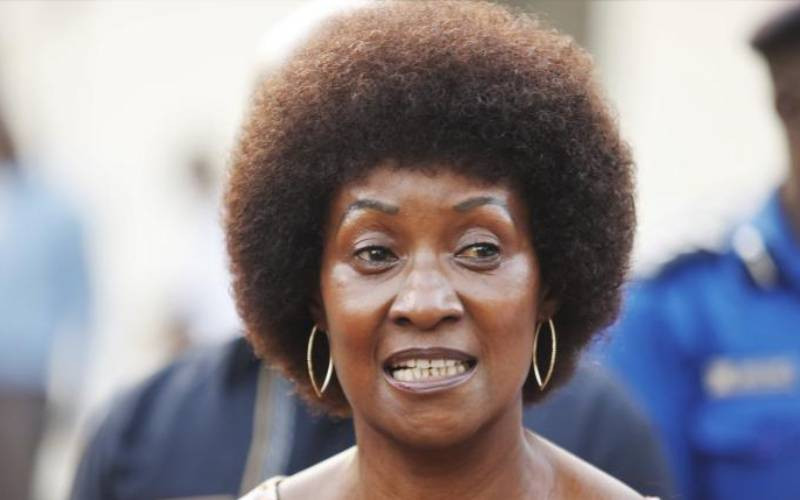×
The Standard e-Paper
Kenya’s Boldest Voice

Education reforms proposed by the Raphael Munavu team could be in jeopardy following a stinging rebuke of some of its recommendations by the Teachers Service Commission.
In a brief to the Parliamentary Departmental Committee on Education, the TSC has accused the Presidential Working Party on Education Reforms (PWPER) of trying to emasculate it by stripping it of its supervisory and managerial role over its employees.